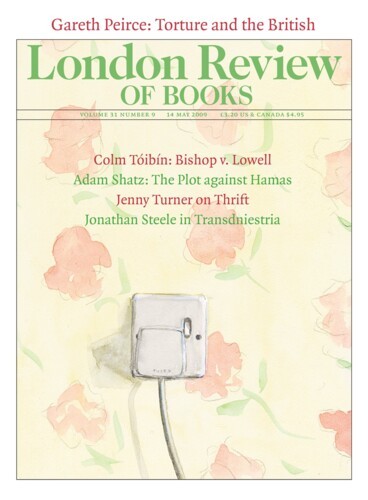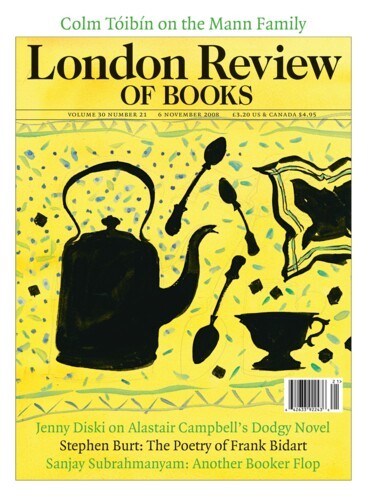Thomas and Katia Mann had six children. It was clear from early on that Katia most loved the second child, Klaus, who was born in 1906, and that Thomas loved Erika, the eldest, born in 1905, and also Elisabeth, born in 1918. The other three – the barely tolerated ones – were Golo, born in 1909, Monika, born in 1910, and Michael, born in 1919. Erika remembered a time during the shortages of the First World War when food had to be divided but there was one fig left over. ‘What did my father do? He gave this fig just to me alone … the other three children stared in horror, and my father said sententiously with emphasis: “One should get the children used to injustice early.”’
In the Shadow of the Magic Mountain: The Erika and Klaus Mann Story by Andrea Weiss. Thomas and Katia Mann had six children. It was clear from early on that Katia most loved the second child, Klaus, who was born in 1906, and that Thomas loved Erika, the eldest, born in 1905, and...





